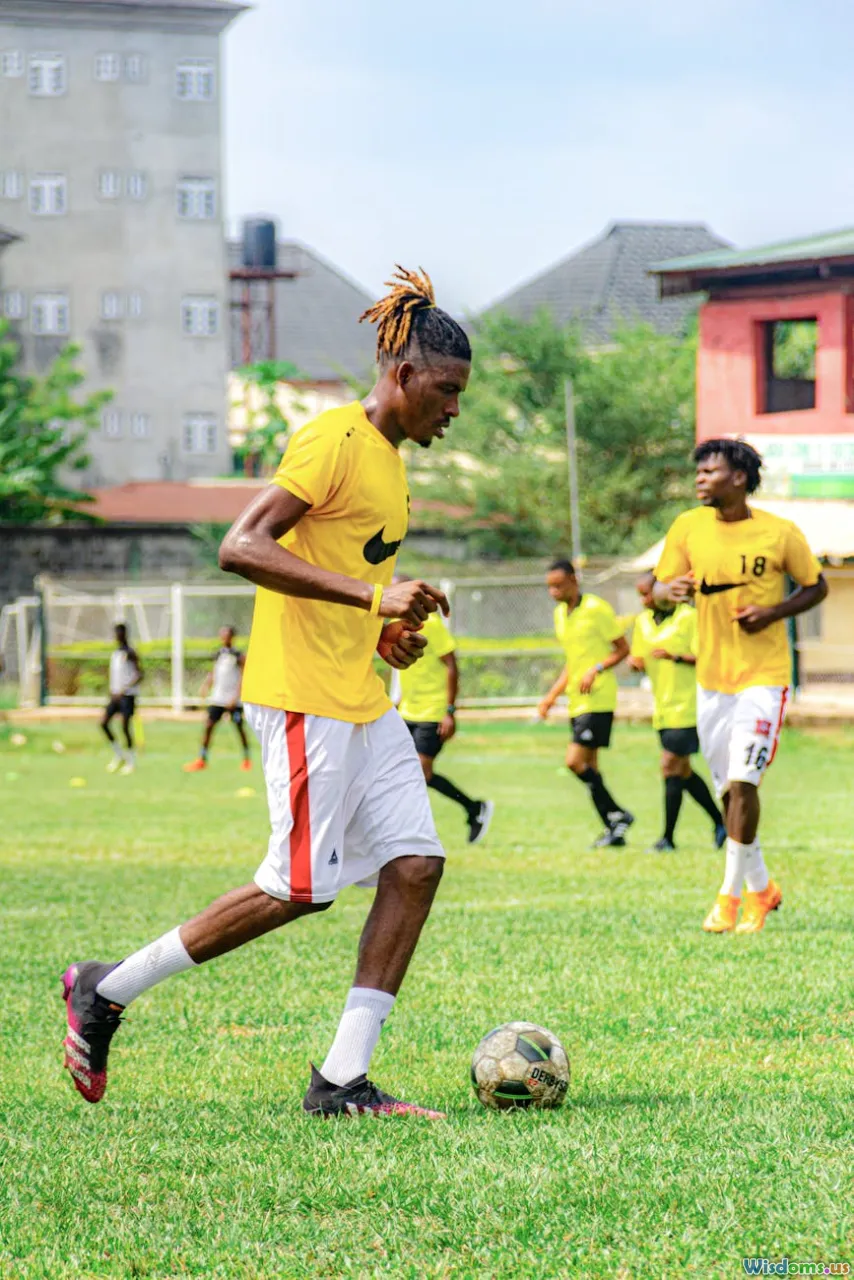
Mental Health Strategies for Athletes
7 min read Explore effective mental health strategies tailored for athletes to boost resilience, performance, and well-being. (0 Reviews)
Mental Health Strategies for Athletes
Introduction
Athletes are often celebrated for their physical prowess, resilience, and ability to perform under pressure. Yet, behind the medals and applause lies a hidden challenge many face—mental health. The demands of competitive sports—constant training, pressure to win, injuries, and public scrutiny—can strain an athlete’s mental well-being just as much as their body. In fact, a 2019 study published in the British Journal of Sports Medicine reported that about 35% of elite athletes experienced symptoms of anxiety or depression at some point during their career.
Understanding and implementing effective mental health strategies is not a luxury but a necessity for athletes who want to maintain peak performance and a fulfilling personal life. This article delves into proven strategies athletes can use to protect and enhance their mental health, backed by scientific evidence and real-world examples.
The Unique Mental Health Challenges Athletes Face
Competitive sports are a double-edged sword: they promote discipline and success but also expose athletes to stressors that ordinary individuals may never encounter.
Pressure and Expectations
Athletes face enormous pressure—from coaches, sponsors, fans, and themselves. The fear of failure or underperforming can lead to chronic stress. Olympic gymnast Simone Biles openly spoke about her struggle with mental health during the Tokyo 2020 Olympics, showing that even the world’s best aren’t immune.
Injuries and Recovery
Physical injuries not only sideline athletes but also threaten their identity, routine, and career longevity. This emotional toll often leads to anxiety or depression.
Transition and Retirement
Life after sports is a critical phase. Many athletes struggle with loss of purpose and routine, making mental health support essential during retirement.
Evidence-Based Mental Health Strategies for Athletes
Sports science shows that integrating time-tested psychological techniques into an athlete’s routine can substantially improve mental health outcomes.
1. Mindfulness and Meditation
Mindfulness involves focusing on the present moment without judgment. Studies reveal that mindfulness improves focus, reduces anxiety, and enhances emotional regulation.
Example: Olympic swimmer Michael Phelps attributes part of his mental health recovery to mindfulness techniques taught by his coach and counselor.
Practical Tip: Spend 10-15 minutes daily practicing mindfulness meditation involving breathing exercises or guided observation of thoughts.
2. Cognitive Behavioral Therapy (CBT)
CBT helps athletes identify and change negative thought patterns that undermine confidence and increase anxiety.
Research Insight: A 2017 review in the Journal of Sports Psychology found that athletes using CBT experienced significant improvements in coping with competitive stress.
Implementation: Working with sports psychologists trained in CBT can provide tools to reframe setbacks and manage performance anxiety.
3. Building a Strong Support System
Having trusted support from coaches, teammates, family members, and mental health professionals acts as a crucial buffer against stress.
Case Study: Study of NCAA athletes showed those with strong social support had fewer symptoms of depression.
Actionable Step: Cultivate open conversations about mental health with your team; normalize seeking help without stigma.
4. Rest and Recovery Prioritization
Physical recovery through sleep and rest equally affects mental health. Chronic fatigue increases irritability and depressive symptoms.
Statistic: The National Sleep Foundation suggests adults need 7-9 hours of quality sleep, which is vital for athletes under physical and mental strain.
Advice: Use sleep hygiene practices like consistent sleep schedules, reduced screen time before bed, and relaxation routines.
5. Goal Setting and Motivation Management
Setting incremental, achievable goals helps maintain motivation and reduces the overwhelming feeling of long-term pressure.
Example: Athletes breaking down marathon training into daily manageable targets often report better satisfaction and less burnout.
Tip: Use SMART goals—Specific, Measurable, Achievable, Relevant, and Time-bound—to create structure.
6. Utilizing Performance Psychology
Techniques such as visualization and self-talk enhance confidence and mental preparedness.
Insight: The legendary basketball player Kobe Bryant was known for intense visualization of his plays, building mental rehearsal skills that complemented physical practice.
Exercise: Visualize successful performance scenarios and practice positive affirmations daily.
Promoting Mental Health Culture in Sports
Recognizing and addressing mental health proactively requires a cultural shift in sports communities.
Education and Awareness
Athletes, coaches, and sports organizations need training on mental health literacy to dispel myths and promote early intervention.
Accessible Mental Health Resources
Making sports psychologists and counselors readily available and reducing stigma around their use fosters help-seeking behavior.
Emphasizing Holistic Athlete Development
Sports programs incorporating psychological well-being alongside physical training report higher athlete satisfaction and longevity.
Conclusion
Mental health is as critical as physical health for athletes striving for excellence and longevity. From mindfulness practices to professional psychological support, a blend of practical, evidence-based strategies empowers athletes to cope with pressures and flourish.
By adopting these mental health strategies, athletes not only enhance their performance but also build resilience and a balanced life beyond the sport. As Simone Biles and many others have shown, prioritizing mental well-being is not a sign of weakness but a mark of true champion spirit.
Taking Action:
- Introduce mindfulness into daily routines.
- Seek professional support when needed.
- Develop a supportive network.
- Establish clear, achievable goals.
- Prioritize rest and mental recovery.
In the evolving realm of sports science and health, mental health is finally taking center stage—transforming how athletes train, compete, and live their lives with purpose and strength.
Rate the Post
User Reviews
Popular Posts





















